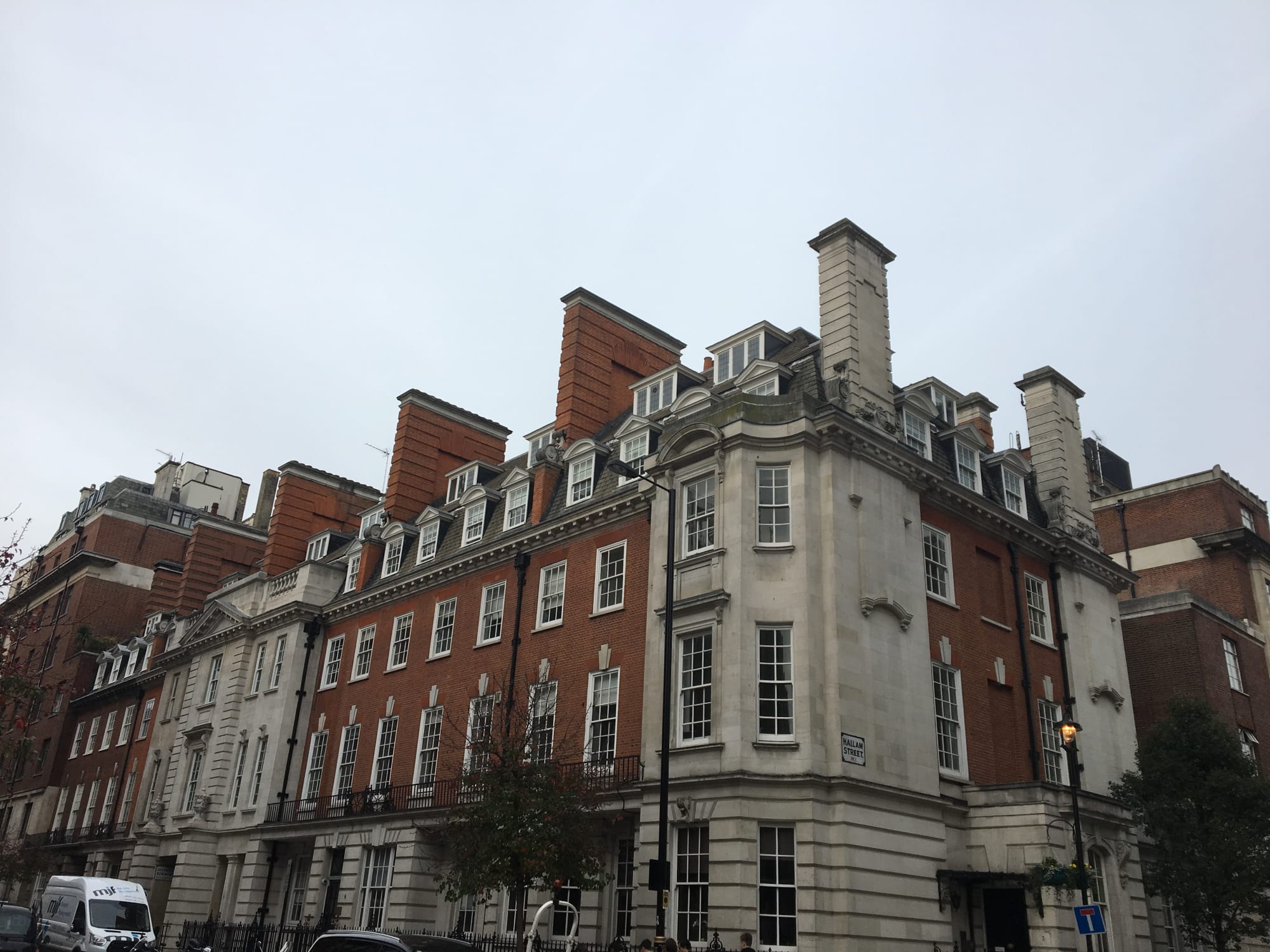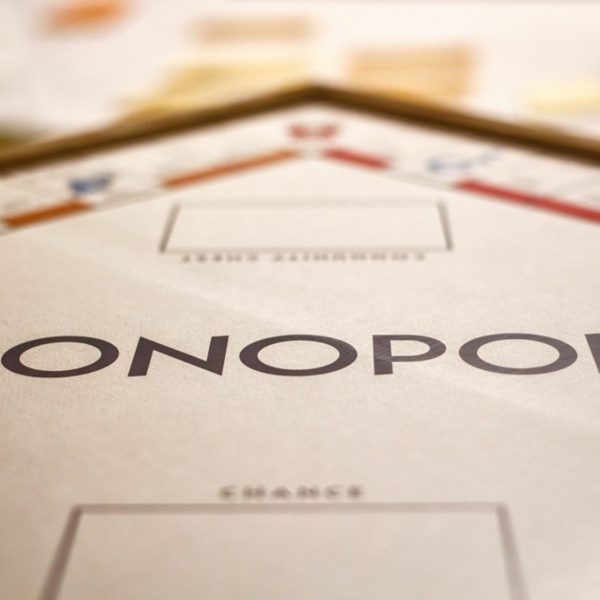Article
Should I deregister for VAT?
Article
Should I deregister for VAT?
July 9, 2015
4 minute read
If your business turnover is below £83,000 you can deregister for VAT, which may bring some advantages. However, there can also be costs. Here are some of the potential traps you need to be aware of…

Updated June 2020
If your business turnover is below £83,000 you can deregister for VAT, which may bring some advantages. However, there can also be costs. Here are some of the potential traps you need to be aware of…
Why deregister?
For businesses that sell to the general public – or to other businesses that can’t reclaim VAT on purchases – it can be a competitive advantage to deregister for VAT. Without having to add VAT to your sale price you might be able to undercut your competitors, or keep your prices the same and thus make more profit.
If you do wish to deregister for VAT, either temporarily or permanently, your business turnover will need to be below the deregistration limit, currently £80,000 per annum. However, before you do so you should take professional advice, as there are some potential pitfalls.
Trap 1 – Beware losing input VAT
Don’t forget that once you deregister you will no longer be able to reclaim input VAT on purchases. However, this will likely only reduce your savings by a relatively small amount.
Trap 2 – Beware assets value if temporarily deregistering
If you are thinking of deregistering for a temporary period only, you need to be aware that if the VAT on the current value of your business’s assets (such as equipment or stock) is more than £1,000 at the time of deregistration, it has to be repaid to HMRC (if you could reclaim VAT when you bought them). This could effectively eliminate the savings you were intending to make. This point is less problematic if you are intending to deregister permanently, but it is important to be aware of it.
Trap 3 – Beware the capital goods scheme
Another factor to be aware of before deregistering is the capital goods scheme (CGS). The CGS applies to the purchase of land or buildings – and to the refurbishment or extension of existing buildings – where the cost is more than £250,000 and you have reclaimed VAT on it. For the ten years following the reclaiming of the VAT there is an ‘adjustment period’, during which you will have to repay some of the VAT you originally reclaimed if you decide to deregister for VAT.
An example of where the CGS might have a particular impact is a business where the value of a property is a major part of the equation.
Suppose you bought a large B&B in 2011 (when the VAT rate changed from 17.5% to 20%) for £400,000 and the previous owners had decided to charge VAT on the sale, meaning that the total sale price was £470,000. If you were running the B&B as a VAT-registered business on which all the supplies they made were chargeable to VAT, you would be entitled to reclaim all of the £80,000 VAT paid on the property.
But suppose that having done so, you found that four years later your turnover has declined and fallen below the deregistration limit – for example £65,000 net per annum (£78,000 inclusive of VAT). You might think it worthwhile to deregister but keep your prices the same, thus increasing your profit by £13,000.
However, if you did deregister, under the CGS you will be treated as having sold the hotel, which would be an exempt supply in year four of the CGS ten-year adjustment period, resulting in a clawback of VAT of £48,000 (£80,000 x 60%).
So not only would you have to repay VAT on the value of stock, fixtures and fittings in the business, you would also owe HMRC £48,000 on the property.
Take advice
While it may seem an obvious decision to make savings by deregistering for VAT if your turnover falls below the limit, caution is advised and you should take professional advice before proceeding.
There may also be ways to mitigate the costs associated with deregistering, such as reducing VAT due on deemed supplies of any assets the business owns by running down stock and waiting out the CGS period.
If you would like to discuss VAT in more detail, please contact me Peter Watts via peter.watts@shawgibbs.com or +44(0)20 7436 4773
Author:

Peter Watts
Partner
Related content
Need expert advice?
Speak to an expert for advice on
+44-1865 292200 or get in touch online to find out how Shaw Gibbs can help you
Email
info@shawgibbs.com
Author:

Peter Watts
Partner
Need expert advice?
Speak to an expert for advice on
+44-1865 292200 or get in touch online to find out how Shaw Gibbs can help you
Email
info@shawgibbs.com



